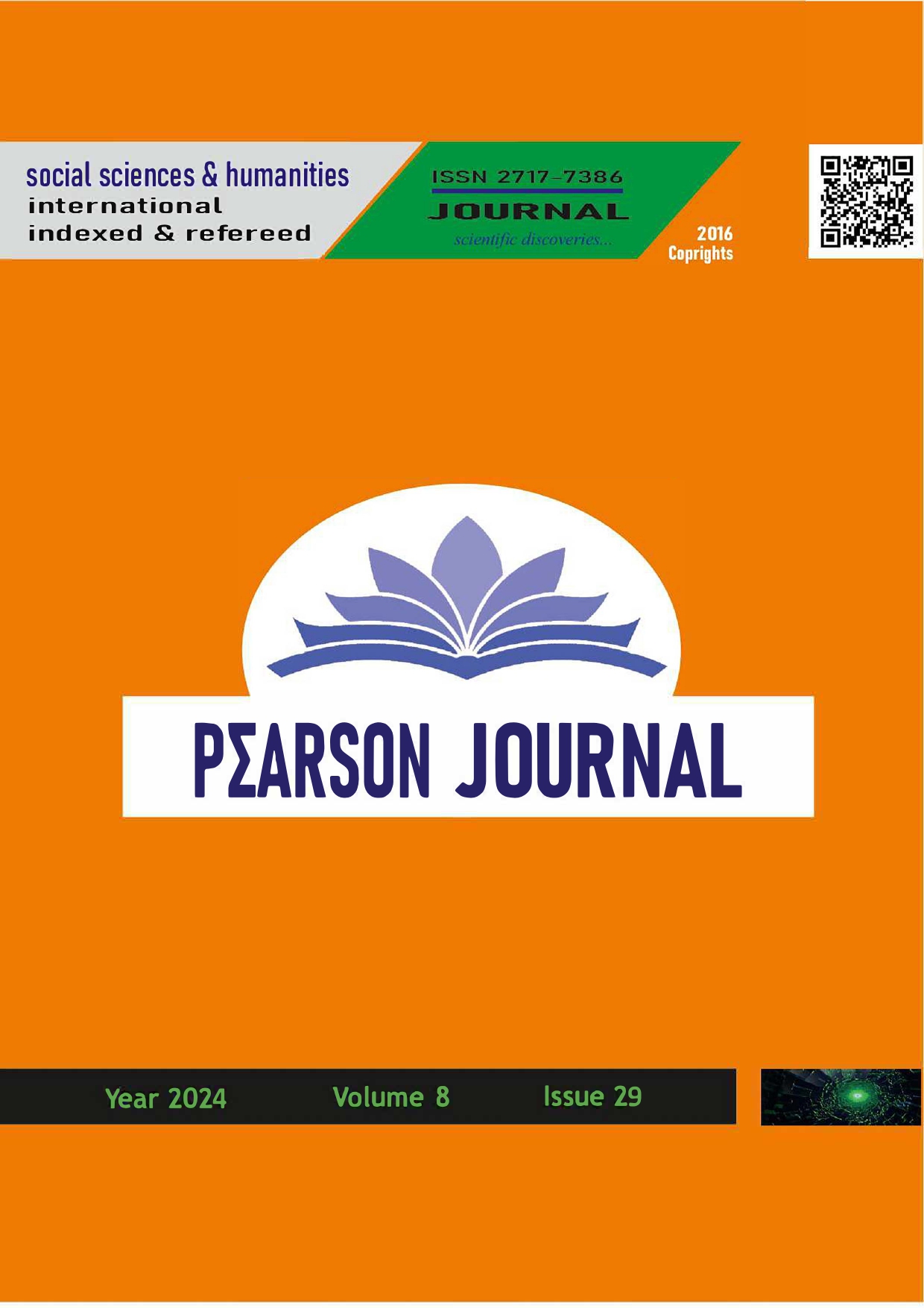Adapting Managerial Practices to Different Cultures: A Qualitative Research on the Overseas Activities of Turkish Contracting Firms
DOI:
https://doi.org/10.5281/zenodo.13685012Keywords:
Turkish Contracting Firms, Multicultural Organizations, Management Practices, Cultural Adaptation, Qualitative AnalysisAbstract
Turkish contracting companies have started to operate abroad since 1970s and have been implementing many successful projects since then. Among the leading companies in the world especially in recent years, these companies were ranked 2nd in the world after China, based on the overseas operations in 2022. The overseas success of Turkish contracting companies has been the subject of many studies. The researchers have focused mostly on the engineering side of this success and the management part has not been touched upon as much as it deserved. This study deals with managerial sources of success. To this end, interviews were held with three senior executives of these companies to uncover the management styles and practices that lead to successful overseas businesses operations, and a content analysis was implemented to the data obtained. As a result, the prominent elements in the success of Turkish contracting companies in their overseas activities were determined as leadership, cultural adaptation in business practices and human resources practices, strong close circle relations, risk-taking ability, knowledge and experience, quick decision-making and ability to act quickly. The issues that need to be improved are the need for more state support (guarantorship, ease of financing, etc.) and improvements especially in design and architectural areas.
References
Atkinson, P. (1997). Narrative turn or blind alley? Qualitative Health Research, 7, 325-344.
Atkinson, P. ve Silverman, D. (1997). Kundera’s immortality: The interview society and the invention of the self. Qualitative Inquiry, 3, 304-325.
Büyüköztürk S., Kılıç Çakmak E., Akgün Ö. E., Karadeniz Ş. ve Demirel F. (2014). Bilimsel Araştırma Yöntemleri. (18. Baskı). Ankara: Pegem Akademi.
Clissett, P. (2008). Evaluating Qualitative Research, Journal of Orthopedic Nursing, (12), 99-105.
Creswell J. W. (2013). Qualitative inquiry and research design: Choosing among five approaches. (3. Baskı) Thousand Oaks, CA: Sage.
Creswell, J. W. ve Clark, V. L. P. (2007). Designing and Conducting Mixed Methods Research, Lincoln: Sage Publications, Inc.
Çelik, H., Başer Baykal, N. ve Kılıç Memur, H. N. (2020). Nitel Veri Analizi ve Temel İlkeleri. Eğitimde Nitel Araştırmalar Dergisi, 8 (1), 379-406.
Doloi, H. (2009). Analysis of pre-qualification criteria in contractor selection and their impacts on Project success. Construction Management and Economics, 19, 1245-1263.
Engineering News Record Dergisi Raporu, Ağustos 2020, s.40.
Eşkinat, R. ve Tepecik, F. (2012). İnşaat Sektörüne Küresel Bakış. Afyon Kocatepe Üniversitesi, İİBF Dergisi, 14 (1), 25-41.
Günhan, S. ve Arditi, D. (2005). Factors affecting international construction. Journal of Construction Engineering an Management, 131 (3), 273-282.
McLeod, J. (2001). Qualitative Research in Counselling and Psychotherapy, London: Sage Publications.
Miles, M. B., ve Huberman, A. M. (2016). Genişletilmiş bir kaynak kitap: Nitel veri analizi (S. Akbaba-Altun ve A. Ersoy, Çev. Ed.) Ankara: Pegem Akademi.
Momaya K. S. ve Selby K. (1998). International competitiveness of the Canadian construction industry: A comparison with Japan and the United States. Canadian Journal of Civil Engineering, 24 (4), 640-652.
Neuman, W. L. (2012). Toplumsal Araştırma Yöntemleri: Nicel ve Nitel Yaklaşımlar (5. Basım). (Çev. S. Özge), İstanbul: Yayın Odası.
Öz, Ö. (2001). Sources of competitive advantage of Turkish construction companies in international markets. Construction Management and Economics, 19 (2), 135-144.
Özorhon, B. ve Demirkesen, S. (2014). Türk Müteahhitlik Hizmetlerinin Uluslararası Rekabetçilik Analizi. İMO Teknik Dergi, 25 (3), 6831-6848.
Schwandt, T. A. (2007). The Sage Dictionary of Qualitative Inquiry (3. Baskı), Thousand Oaks, California: Sage Publication, Inc.
Silverman, D. (1998). Qualitative research: Meanings or practices? Information Systems Journal, 8, 3-20.
Silverman, D. (2000). Analyzing talk and text. N. K. Denzin ve Y. S. Lincoln (Ed.), Handbook of qualitative research, içinde (s. 821-834). Thousand Oaks, CA: Sage.
Silverman, D. (2001). Doing qualitative research: A practical handbook. London: Sage.
Türkiye Müteahhitler Birliği. (2011). İnşaat Sektörü Analizi: Arap Baharı, Borç Krizleri ve Isınan Ekonomiler. Ankara: TMB Yayınları.
Türkiye Müteahhitler Birliği. (2020). İnşaat Sektörü Analizi: Küresel Ekonomide “Kas Kaybı” Artıyor; Yeni Normal Ne Olacak? Ankara: TMB Yayınları.
Türkiye Müteahhitler Birliği. (2021). İnşaat Sektörü Analizi: Salgında Ortak Kaygı; Ekonomi.Ankara: TMB Yayınları.
Türkiye Müteahhitler Birliği. (2023). Türk Yurtdışı Müteahhitlik Hizmetleri (1972-2022). Ankara: TMB Yayınları.
Yaweli, L., Shouyu, C. ve Xiangtian, N. (2005). Fuzzy pattern recognition approach to construction contractor selection. Fuzzy Optimization and Decision Making: A Journal of Modeling and Computation Under Uncertainty, 4, 103- 118.
Yıldırım, A., ve Şimşek, H. (2008). Sosyal Bilimlerde Nitel Araştırma Yöntemleri (6. Baskı). Ankara: Seçkin Yayıncılık.
Downloads
Published
How to Cite
Issue
Section
License
Copyright (c) 2024 PEARSON JOURNAL

This work is licensed under a Creative Commons Attribution 4.0 International License.



